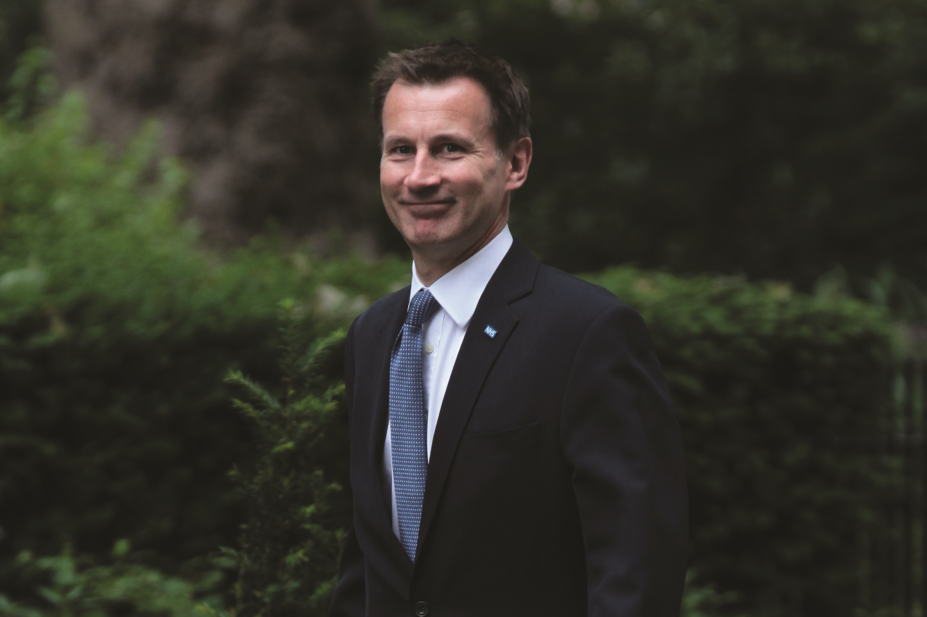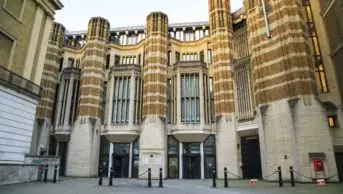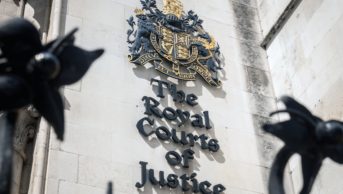
Twocoms / Shutterstock.com
Health secretary Jeremy Hunt has denied that the government’s decision to cut the community pharmacy budget in England will deepen the current NHS crisis.
During a debate on mental health and NHS performance in the House of Commons on 9 January 2017, Hunt told MPs that the pharmacy sector had to face its share of the cuts and contribute to efficiency savings.
He also argued that it “did not make sense” for the NHS to continue to subsidise pharmacies that were “[geographically] very close to other pharmacies”, stating that 40% of pharmacies were “clustered in groups of three or more”.
“Our reforms are designed to ensure, however, that where there is only one local pharmacy that people can access, that pharmacy is protected,” he said.
Hunt was responding to a question by Michael Dugher, Labour MP for Barnsley East, who asked: “Given the evidence that one in five people who would usually see a pharmacist for medical advice say that they will make a GP appointment if their local pharmacist is closed… and with the risk that many of those people in desperation will turn up at the local hospital, [is] the government in danger of making an appalling crisis in the NHS even worse?”
Earlier in the debate, Philippa Whitford, Scottish National Party MP for Central Ayrshire, said 93.5% of patients at A&E departments in Scotland were seen within four hours during Christmas week compared with between 50% and 60% of patients in England.
“That difference is down to how it [the NHS] is organised,” she said. “It is the fragmentation and the lack of integration. There are things that can be done. We can use community pharmacies and GPs, and try to bring the NHS back together.”
Hunt admitted Scotland “has gone further than England in the use of community pharmacy, which is to be commended” but said that England has gone further than Scotland in its plans to “reform and increase investment” in general practice.

